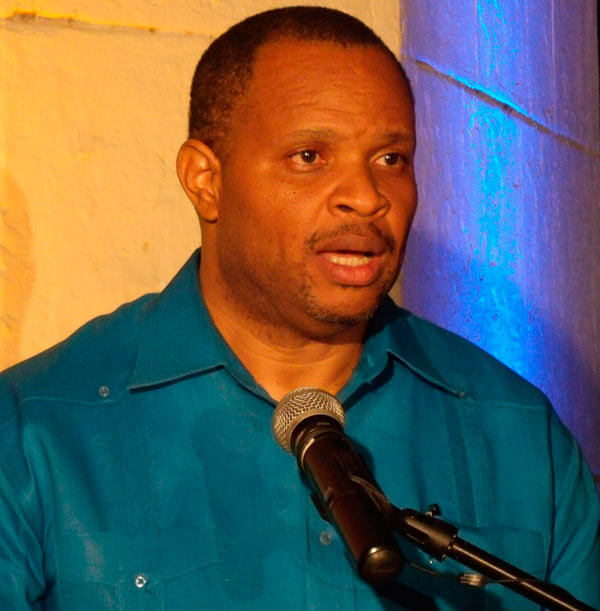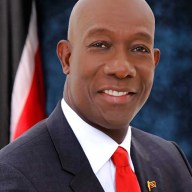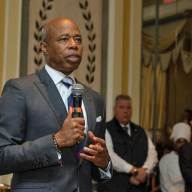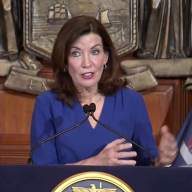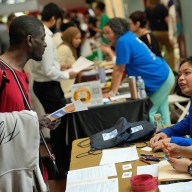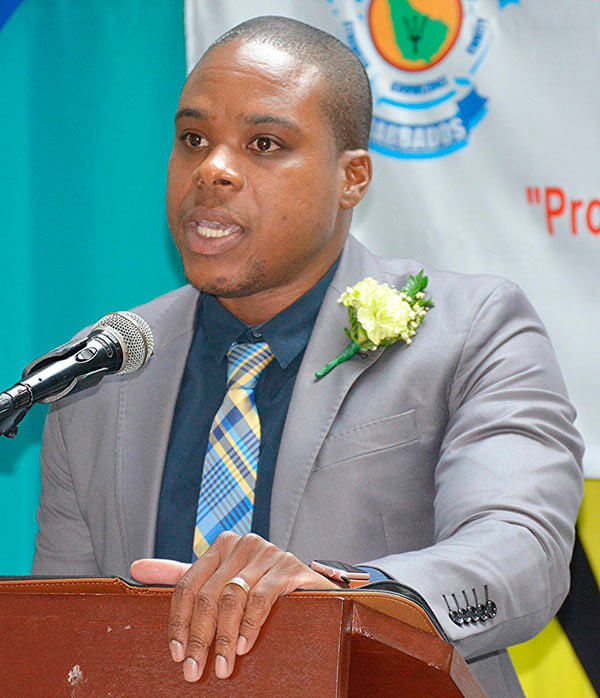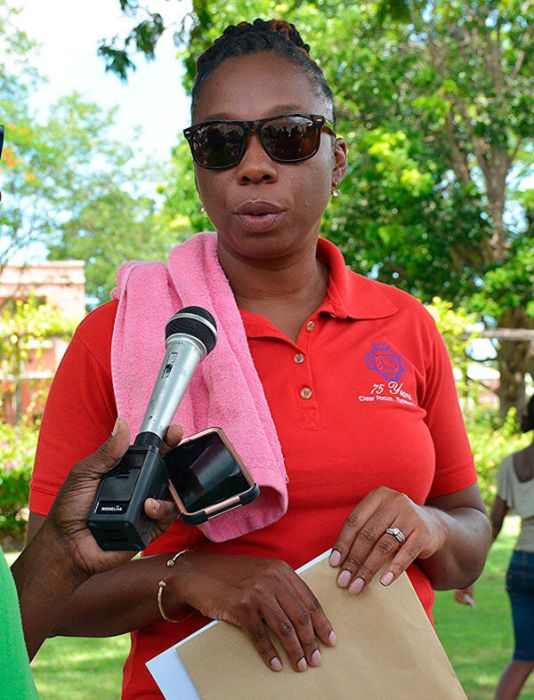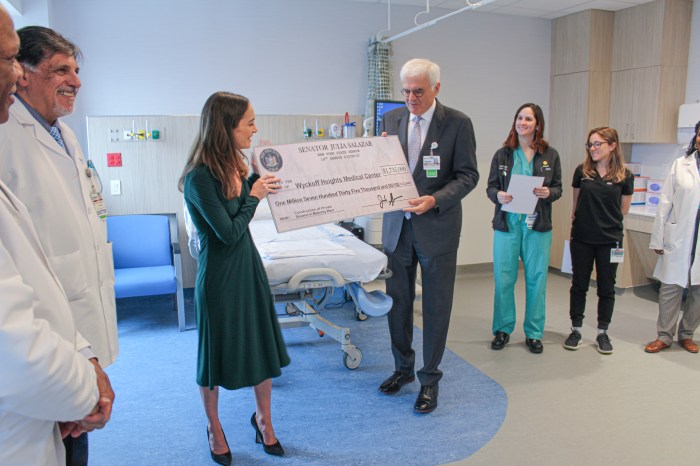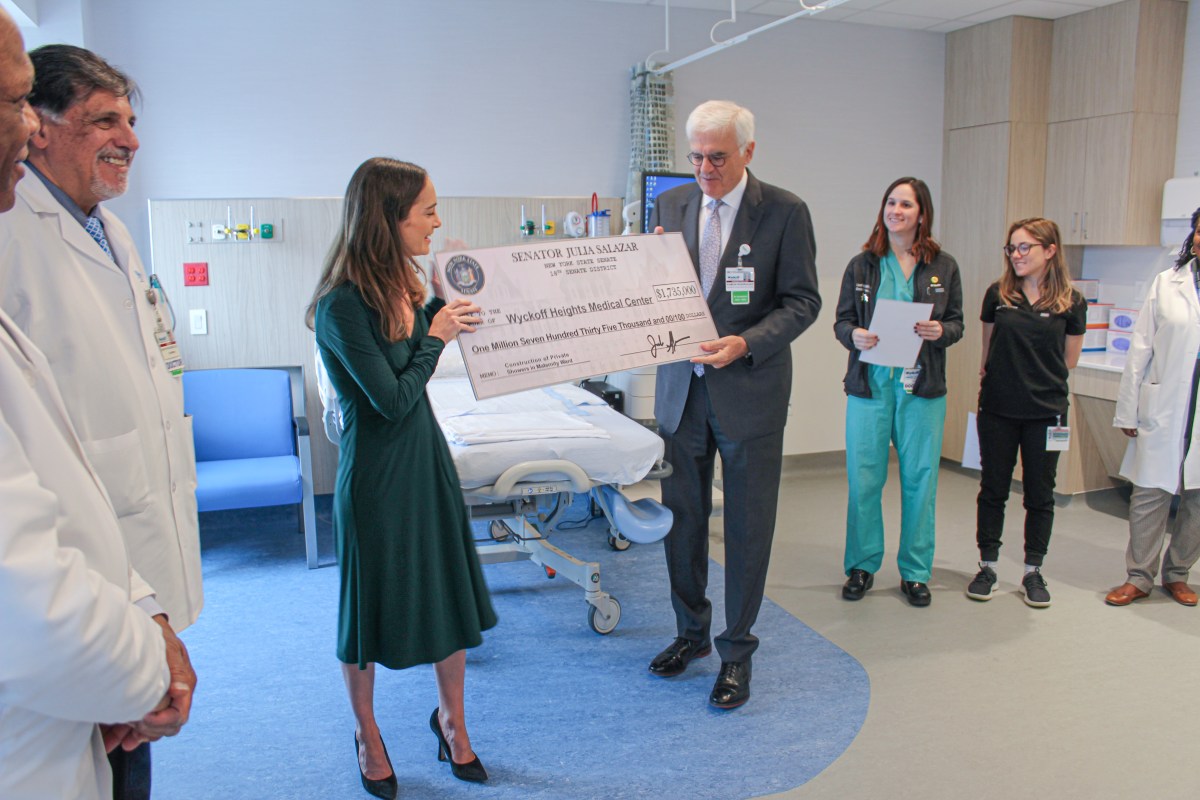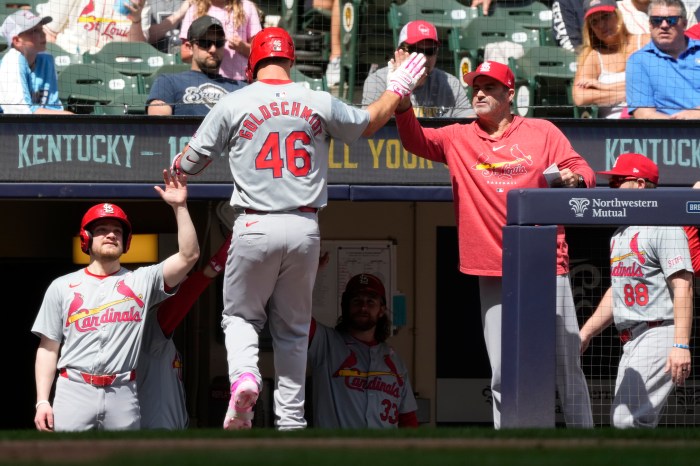Barbados Finance Minister Chris Sinckler showed little concern about having to dismiss his chief financial regulator, when days after sending home Central Bank Governor Delisle Worrell, he mentioned the banker only in passing during a press conference.
Following dismissal of Worrell on Friday, Feb. 24 purportedly because the bank’s board of directors refused to work with him, Sinckler called a press conference Monday to announce a continuation of the practice the former governor had advised against, and which many believe was the underlying reason for their fallout — printing of money to support a broke government.
While the finance minister refused to discuss Worrell’s dismissal, he however gave an indication that government’s habit of taking money from the Central Bank that is unsupported by production, may end sometime later.
“We have set ourselves the target of ensuring we could at least bring that [money printing] down consistent with a reduction in the deficit by at least one-third over the next year or so, and then we move it down from there to a more sustainable position,” Sinkler said.
Projecting an inflow of money for construction projects and a cut in the deficit at the end of the current year on March 31, and the 2017-2018 fiscal year, he conceded that those reductions may not be enough.
He said that until such time as that deficit can be reduced and, if possible, eliminated,” the Central Bank may lend the government.”
“If in any week the government is short of resources to ensure your garbage is collected and the Central Bank has to accommodate by providing the shortfall based on what they get in from other financial institutions, then that is what people refer to as printing money,” Sinckler said.
Contrary to the haziness of the finance minister’s promise to halt printing of money, which the International Monetary Fund has criticized, the then Governor Worrell had in January apparently broken ranks with government and called for an immediate halt to the practice.
Worrell had noted on Jan. 24 in his economic report for the last quarter of 2016 that government spends more on the current account than it receives in taxes and other current receipts.
He said this, “is the reason for the increase in Central Bank lending to government. There is general agreement that any additional financing by Central Bank should be avoided.”
The now dismissed banker, added, “Government’s dependence on the Central Bank to finance its deficit, limits the bank’s ability to influence interest rates appropriate for Barbados’ circumstances, as is the standard practice used by central banks everywhere”.
In that same economic report, Worrell had revealed, much to the consternation of Barbadians, that the island’s foreign exchange reserves had dropped below US$1 billion to US$681 million.
The is the lowest that Barbados’ foreign reserves had reached in more than a decade.
According to the Central Bank’s estimates, this money is the equivalent to 10.3 weeks of imports for the nation, that purchases most of its goods it consumes from abroad.
Some three weeks prior to that report, Worrell had warned in a public letter that the country was headed to a dangerous financial zone.
“The country has failed to achieve that balance since 2013, and there remains a need to dampen spending further in order to protect the country’s reserves of foreign exchange. The reserves are what protect us against the devaluation of our currency,” Worrell stated.


